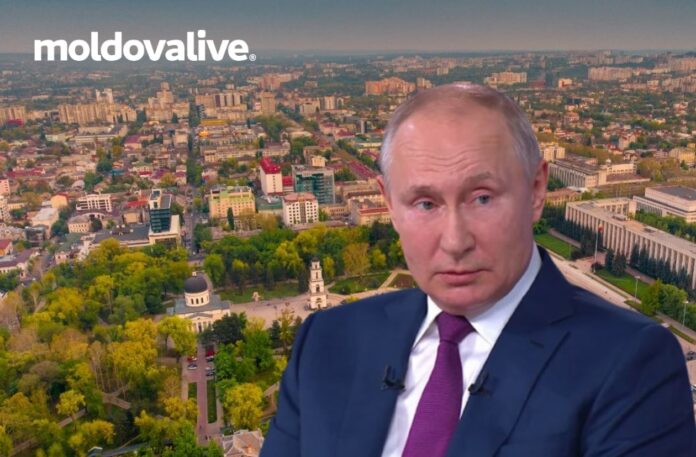Moldova is in the midst of its electoral campaign ahead of the parliamentary elections, which will determine the country’s European trajectory. Thirteen parties, four electoral blocs, and four independent candidates have registered. Experts consulted by Adevarul note that some candidates maintain ties to Vladimir Putin.
The campaign began on August 29 in Chisinau and runs until September 26, two days before the vote. In a video message, President Maia Sandu said, “On September 28, Moldovans will elect a Parliament that will shape our country’s future. Together, we must protect peace and our chance for a better future.”
The Central Electoral Commission registered parties including PAS, PDA, CUB, ALDE, PSDE, PNM, MRM, LOC, Alliance of Moldovans, Liberal Party, Christian-Social Union, Our Party, and AUR. The electoral blocs include the Patriotic Bloc, Heart and Future of Moldova, Alternativa, and Union of the Nation. Independent candidates include Olesea Stamate, Andrei Năstase, Victoria Sanduță, and Tatiana Cretu.
FOR THE MOST IMPORTANT NEWS, FOLLOW US ON TWITTER!
A tense campaign
Vadim Pistrinciuc, executive director of IPIS, describes the elections as a “tense and existential” campaign. He explains that Moldova stands closer than ever to the EU, while Moscow works to pull it back using illegal propaganda funding, proxy parties, and hybrid interference.
The calm before the storm
Andrei Curararau of WatchDog.md notes that pro-Kremlin activity began early, with concerts by Russian artists and anti-government rallies organized by Ilan Shor and others. He expects the campaign’s most intense phase during the final two to three weeks, marked by large-scale protests, vote-buying, and attacks on Moldova’s institutions.
Unprecedented Russian influence
Curararau explains that Russia employs advanced tactics in 2025, including cryptocurrency schemes, social media manipulation, religious conflicts, and cyberattacks. Pistrinciuc adds that Russia may also trigger false bomb alerts or create an energy crisis in Transnistria.
Pro-Russian actors include leaders of the Patriotic Bloc (PSRM, PCRM, Future of Moldova, Heart of Moldova) and the Alternativa Bloc (Ion Ceban, Ion Chicu, Mark Tcaciuk, Alexandr Stoianoglo), along with other parties and individuals with Kremlin ties. Meanwhile, some pro-European parties failed to unite, dispersing votes across numerous smaller factions.
Fragmenting pro-European votes
Curararau notes that the Kremlin aims to capture left-wing votes and fragment pro-European support on the right through divisive narratives and voter demotivation. Pistrinciuc adds that Russia cannot attack Moldova militarily due to Ukraine’s resistance but seeks to restore regional influence and undermine Moldova’s EU trajectory.


